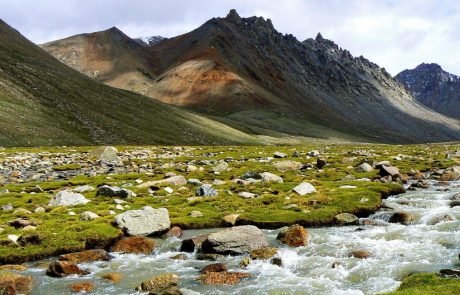Every year, Magellanic penguins (Spheniscus magellanicus) become stranded along the coasts of northern Argentina, Uruguay and southern Brazil and of the thousands of stranded penguins, 75 per cent are female.
Archive for January 2019
Computer vision and artificial intelligence are helping doctors diagnose rare disorders
A recent study published on 7 January in Nature Medicine has shown that a smartphone app called Face2Gene designed to help diagnose a range of rare genetic disorders by analysing
Belgium’s electricity supply has become a serious problem. Without investment in new generation capacity, the security of electricity supply will deteriorate in the next few years. However, the country’s situation
A new study published on 4 January in the journal Science has shown that by constructing new metabolic pathways in transgenic tobacco plants, plant growth can be improved by up to
According to a paper published on 2 January in Science Translational Medicine, ‘nanoscavengers’ or ‘bioscavengers’ may offer an effective treatment against the highly toxic nerve agents used in chemical attacks
Monitoring moisture, snow, and meltwater in the ‘third plateau’ will enable communities to plan for climate change, researchers say
In a commentary published in Nature News & Comment, an international group of climate researchers highlight the threat that collapsing glaciers are posing on Asia’s water supplies (1). In particular,
Dramatic reductions in particulate air pollution in China may have unexpectedly increased ozone pollution
Since 2013, the Chinese government has been enforcing strict policies on emissions in an effort to reduce fine particulate air pollution, known as PM 2.5, a major problem in Chinese
In a new study published in the January 2019 edition of Bioresource Technology, scientists have demonstrated an environmentally friendly method for the offshore production of bioplastics in large quantities (1). The process







